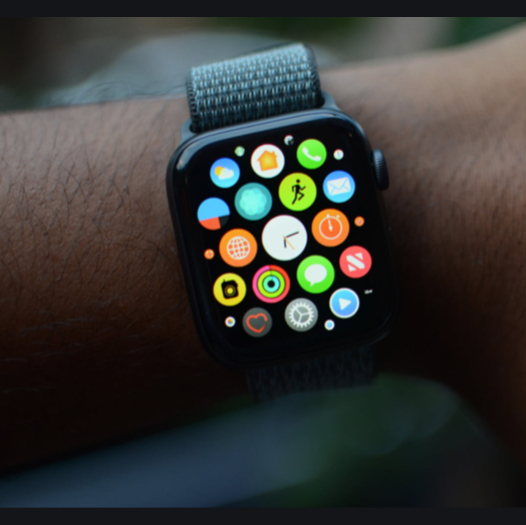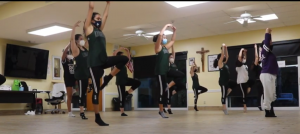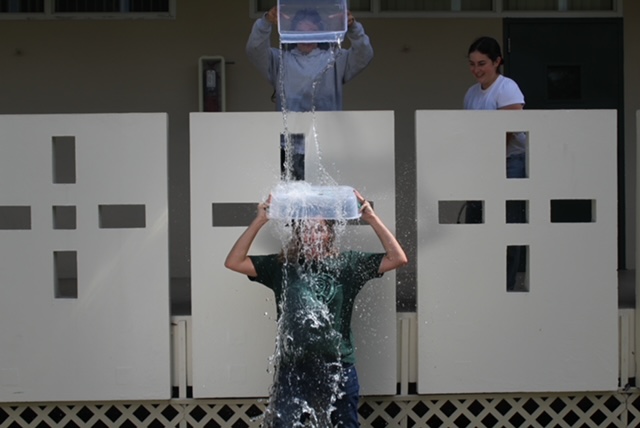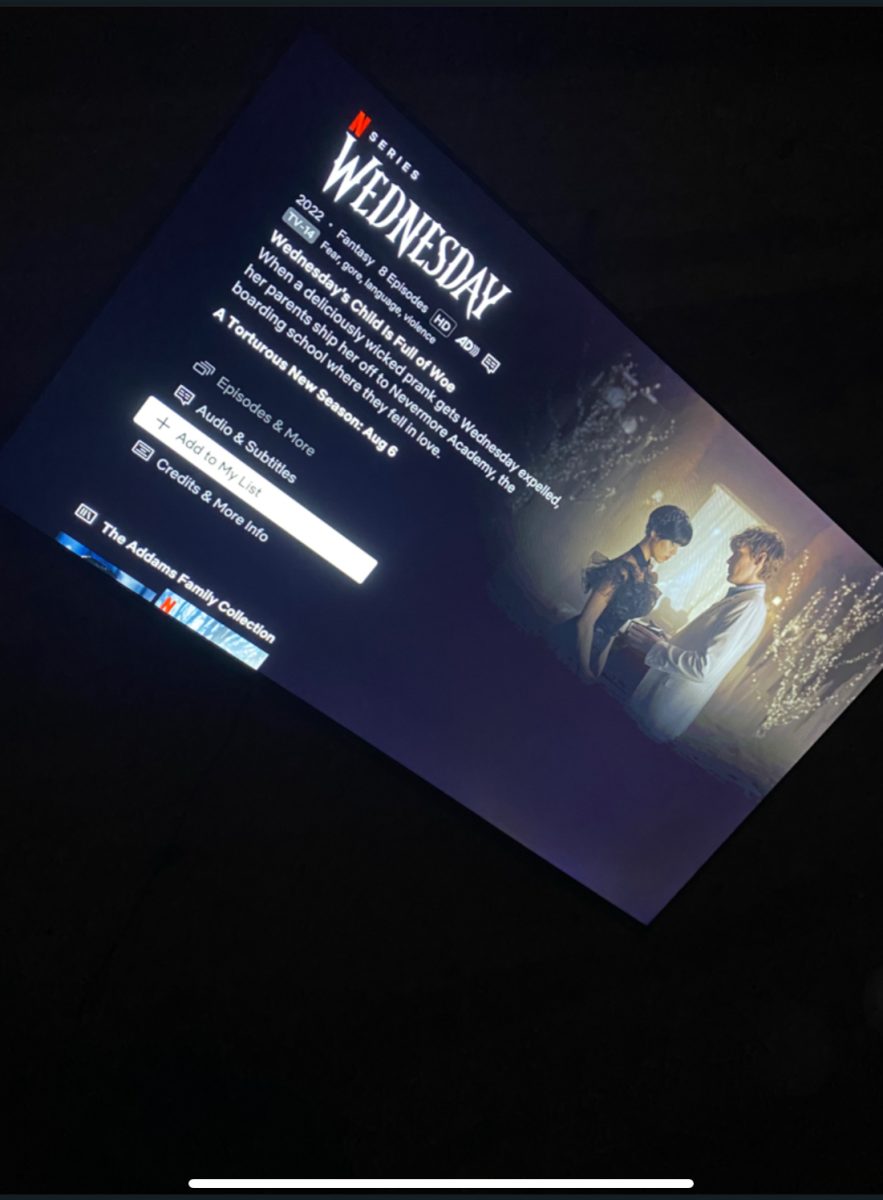COVID-19 Detection Right on your Wrist

Modern-Tech catches up with the pandemic.
February 24, 2021
Smartwatch users are now in luck. Recent studies show how devices like the Apple Watch, Garmin, and Fitbit can detect symptoms of COVID-19 infection days before proper diagnosis.
Even before having COVID-19 symptoms, Smartwatches are able to detect subtle heartbeat changes. Multiple medical institutions examined this phenomenon, including Mount Sinai Health System in New York and Stanford University in California.
According to CBS News, “the study analyzed a metric called heart rate variability—the variation in time between each heartbeat—which is also a measure of how well a person’s immune system is working. Researchers at Mount Sinai found that the Apple Watch can detect subtle changes in an individual’s heartbeat, which can signal that an individual has the coronavirus, up to seven days before they feel sick or infection is detected through testing.”
This comes as potentially good news for many, including those in the ILS community.
“It makes me feel safer knowing that I can find out more easily if I may have the virus,”says junior Alvaro Amat. “I think this will probably make me want to buy an Apple Watch. Although I believe it could help stop the virus spreading, I don’t think it’s gonna completely stop the pandemic.”
Investigators of the studies followed about 300 Mount Sinai health care workers, all of whom wore Apple Watches from April 29th to September 29th last year.
A separate study conducted by Stanford found that 81 percent of COVID-19-positive study participants went through immense changes in their resting heart rate. Their resting heart rates went up about nine and a half days before their symptoms became known. Elevated resting heart rate played a key role in diagnosing the COVID-positive participants.
Wearable device makers also are looking at how the technology could be used to combat the virus.
Oura Health, which makes a smart ring that tracks health data, helped fund a University of California San Diego and University of California San Francisco study that found the device can detect subtle symptoms, like the early onset of fever, that may indicate COVID-19.
Whoop, which makes a sleep-tracking device, partnered with Australia’s Central Queensland University to author a peer-reviewed paper indicating that its technology can help predict coronavirus infections based on deviations in users’ respiratory rates during nighttime sleep. Healthy individuals experienced little variability in their respiratory rates, while deviations suggested compromised respiratory tract health.
Although modern technology is beginning to catch up in terms of the pandemic, this doesn’t mean that your Smartwatch is now a ticket into going wherever you want, so long as your resting heart rate is normal. Regardless of this fact, continue to wear your mask, socially distance, and if you do not feel well, get a COVID-19 test and STAY HOME!














